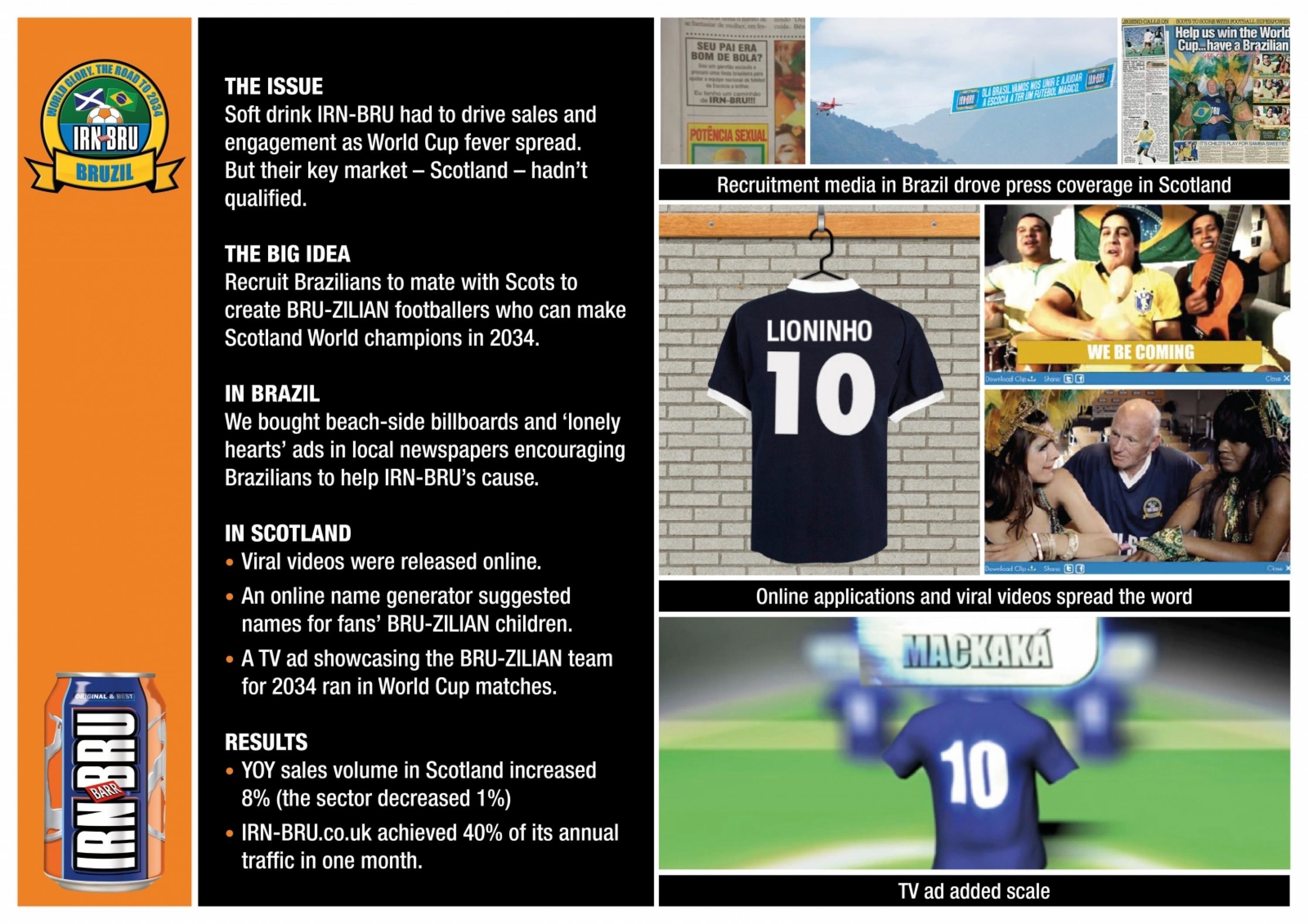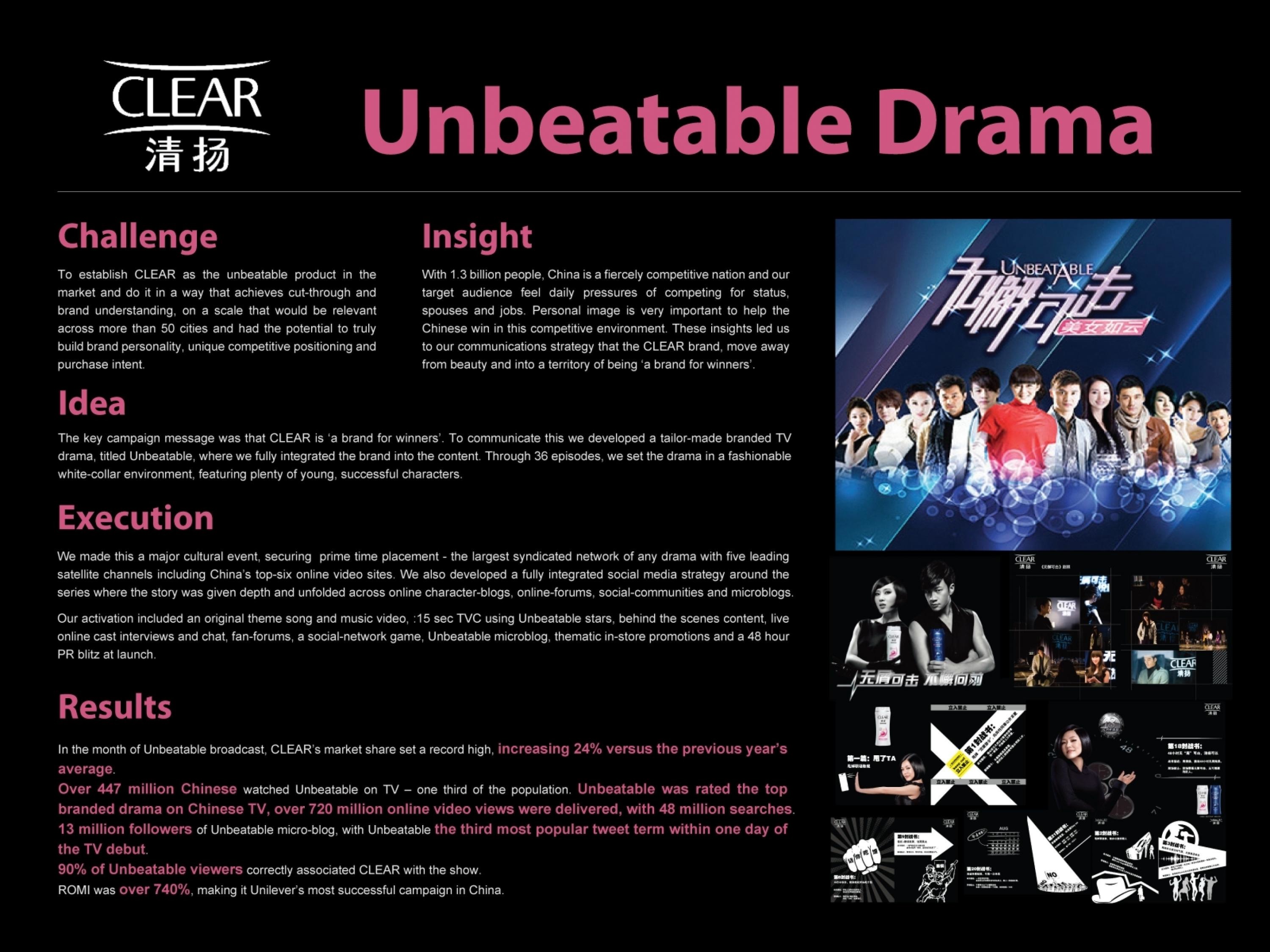Glass: The Lion For Change > Glass: The Lion for Change
WELCOME TO THE GROUP
PHD, San Jose / CAMBIEMOS LA REGLA / 2024
Awards:
Overview
Credits
Overview
Why is this work relevant for Glass: The Lion for Change?
It’s rare to see advertising used creatively to generate lasting social change and, even less, to intervene in a government’s agenda.
This is precisely what we did! We ingeniously executed a multi-media strategy turning a neglected menstrual justice bill into a national priority.
Then, committing Costa Rican congressmembers to pass it, by using the power of direct: Adding them all to a WhatsApp group, thanking them personally, in advance, for doing so; ensuring that a politician’s promise became a real vote.
This campaign exemplifies our role beyond advertising, demonstrating its potential as a catalyst for legislative progress and menstrual justice.
Please provide any cultural context that would help the Jury understand any cultural, national or regional nuances applicable to this work.
Costa Rica, historically a two-party democracy, began diversifying politically in the last decade, leading to a unique current government. The recent elections were won by a completely new ruling party, while all members in Congress were replaced.
This shift has positively increased the representation of diverse ideologies, but negatively, has complicated joint decision-making; directly affecting the chances to achieve our goal, since no one in this new congress was even aware of our menstrual justice bill, written hand in hand with a now extinct political party.
It is also safe to say, that we’re an “easygoing” country, in which the politicians are open to receiving communications from the public, who almost never contact them.
And, in a country of only 5 million people, the “six degrees of separation” theory turns into “three degrees of separation”; allowing us, with a touch of ingenuity, to find the phone numbers of all congressmembers and use them in an unexpected way.
Our campaign also capitalized on the global gender equality moment and the country's progressive social values.
We played into the specific dynamics of the Costa Rican government, carefully orchestrating our campaign as time went on and events occurred.
Even though “Welcome to the Group” played into the nuances of the Costa Rican government, it demonstrates how media can be harnessed to reflect and advance societal values, making it a landmark effort in both the context of Costa Rica and the broader movement for menstrual justice worldwide.
Background
Hi! I’m Sofia, a 16-year-old girl from Costa Rica. Let me tell you a story about girls in my country.
While Costa Rica prides itself on being an example of equality and progressive social policies, many of us silently face menstrual poverty.
Yes, for many families here menstrual products cost 27% of our weekly income, and 1 in 10 of us in Latin America miss school for not having the resources to pay for menstrual products.
Luckily non-profits like Nosotras Women Connecting fight for our rights and helped write a bill to eliminate the unjust luxury taxes from menstrual products (13%) and give them away for free in schools, allowing us to keep attending classes with our periods.
Sadly, years passed and no one in congress was talking about this important bill, so we created a bold campaign to get congressmembers’ attention and convince them to make it a law.
Describe the cultural / social / political climate around gender representation and the significance of the work within this context
Even though Costa Rica is an outlier in its region, as it is especially progressive in social policies, there was a strong disconnect between Costa Rica's progressive self-image and the reality of menstrual injustice faced by women and girls.
Menstruating with dignity is a basic women’s right. It is already unfair that biology makes women spend money on menstrual products men don’t have to pay.
What is even worse is to see Costa Rica tax menstrual products like luxury items (13%), and that thousands of girls miss 25% of school for not having the resources to pay for menstrual products. This situation exacerbates the gender disparities women face.
Sadly, this problem was not on the current government’s agenda, as our bill had been written years ago, with a now extinct political party, and completely ignored by the existing congress.
Our campaign directly attacked menstrual poverty and helped Costa Rica take an important step in promoting basic women’s menstrual rights and become an example to other countries.
Describe the creative idea
Politicians thrive on public approval. However, they are known for over-promising and not for over-doing.
If we wanted to make congressmembers pass a forgotten menstrual justice bill, unknown by most, we needed to tap into their deepest hearts’ desire: popularity.
To make them publicly commit to passing this bill, we needed to create the illusion that the approval of this law was a public demand capable of boosting their popularity, though a creative multi-media campaign that generated social pressure.
However, to make congressmembers “walk the talk” we needed to finally pressure them in a place they couldn’t ignore us: their phones. The use of peer-pressure and the desire of politicians to socially look good, would secure the approval of a law capable of changing girls’ and women’s future forever.
Describe the strategy
Our target was clear: The Costa Rican congressmembers capable of approving our bill.
Our strategy consisted of 2 key elements: 1- Creating the perception that passing this menstrual justice bill was important for everyone 2- Convincing congressmembers to approve it.
First, we needed them to think that passing this bill was something all Costa Ricans wanted, though a multi-media and PR campaign; but needed to be strategic in how we used each media creatively to reach the politicians, making it look massive with only $50,000. Achieving their public commitment.
However, to make them act and stop ignoring us, we would focus on what really grabs their attention: Their phones. Creating a WhatsApp group with all of them, called “Thanks Congressmembers”.
The personal nature and peer pressure of a group chat, with girls thanking them in advance for helping an issue of national interest, would convince them this approval benefited them.
Describe the execution
We kicked off our campaign with a high-visibility guerrilla stunt, using a symbolic national monument to generate initial buzz, with coordinated coverage from media and influences. This started a national debate on menstrual justice.
We then partnered with the most important media in the country, getting free media spaces and using them creatively: Airing 30 minutes of national TV with a pad-shaped filter, using large-scale billboards to collect signatures, creating an empty school chairs art exhibit inside congress, and much more.
Our campaign sent audiences to our microsite, where we linked to each congressmember’s social media, and emphatically urged people to directly contact and confront them on their position regarding our bill.
Then, we went direct, creating a WhatsApp group with all congressmembers, greeting them with a video from us girls thanking them each, by name, in advance, for passing this important bill.
Our massive to direct execution finally worked!
Describe the results/impact
On October 26th, 2023, just 5 days after we created the WhatsApp Group, but almost 3 years after our bill was written, our menstrual justice bill was brought for a vote and passed unanimously!
Apart from passing a law that removes luxury taxes from menstrual products and gives them away for free in schools, we generated other unexpected results.
Our $50,000 generated media, PR, and influencer coverage worth $4,000,000 in the first month alone, this figure represents the six-month media budget of Costa Rica’s biggest advertiser, reaching 90% of the population.
We were surprised that only 4 out of all the congressmembers left the group, and many publicly thanked us for generating this massive movement.
Ultimately, we helped promote one of the most basic human rights for us women: Menstruating with dignity.
We hope to motivate other countries to follow our footsteps and use creativity to achieve lasting social change.
Describe the long-term expectations/outcome for this work
This case is an example in how media can be used to drive social change. We made menstrual justice a key theme in the country’s agenda. And this now law is a giant leap towards gender equality.
For years women paid 13% taxes on menstrual products without even questioning its logic, and girls missed school when they had their period, and nobody was there to help.
Today, girls who can’t afford menstrual products, can still attend school, guaranteeing their education, and hopefully a better future. The ripple effect this has on the country is unmeasurable.
This campaign made this issue an important topic for the country, and congressmembers are now constantly discussing more ways to reduce menstrual poverty.
However, as the battle for women’s rights needs more supporters, our goal now is to inspire others to follow our footsteps and use creativity to make a lasting difference.
More Entries from Glass in Glass: The Lion For Change
24 items
More Entries from PHD
24 items






